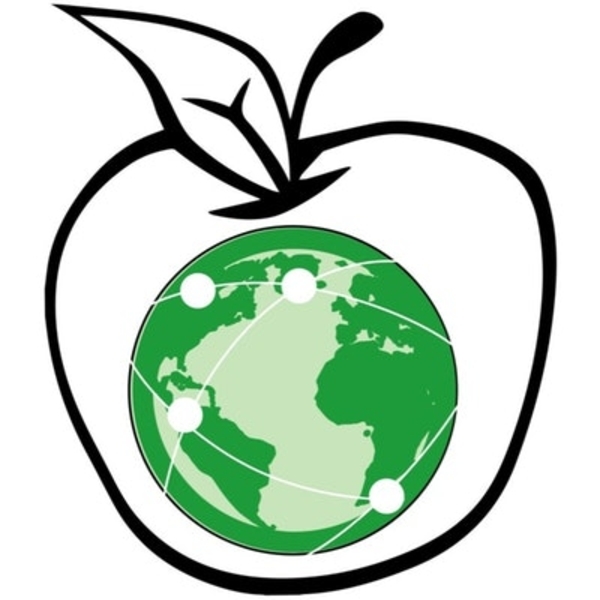Price:
9977 EUR
Contact
University of California, San Diego
Description
In this course you’ll focus on how “smart” devices have changed how we interact with others in personal ways, impacting how we stay connected in our increasingly mobile society. This will be done through a series of paired teaching sections, exploring a specific “Impact of Computing” in your typical day and the “Technologies and Computing Concepts” that enable that impact, all at a K12-appropriate level.
This course is part of a larger Specialization through which you’ll learn impacts of computing concepts you need to know, organized into 5 distinct digital “worlds”, as well as learn pedagogical techniques and evaluate lesson plans and resources to utilize in your classroom. By the end, you’ll be prepared to teach pre-college learners to be both savvy and effective participants in their digital world.
In this particular digital world (relationships), you’ll explore the following Impacts & Technology pairs --
Impacts (Keep me connected in a mobile society):, personal relationships, facebook, circle of friends
Technology and Computing Concepts: algorithms, software engineering evolution, heuristics, computer runtime, big O notation, P vs NP
Impacts (Making geography-based connections): findings friends, maps, geolocation
Technology and Computing Concepts: data and binary, image encoding, pixels, how color pickers work, filters, blurs
In the pedagogy section for this course, in which best practices for teaching computing concepts are explored, you’ll learn about the current CSTA K-12 CS Standards and practice using them to review and apply to lesson plans, as well as how to apply the ICAP framework to connect your students’ engagement to active learning outcomes, such as through peer instruction.
In terms of CSTA K-12 computer science standards, we’ll primarily cover learning objectives within the “impacts of computing” concept, while also including some within the “networks and the Internet” concepts and the “data and analysis” concept. Practices we cover include “fostering and inclusive computing culture”, “recognizing and defining computational problems”, and “communicating about computing”.
Specific details
Category of Education
Education







 How to resolve AdBlock issue?
How to resolve AdBlock issue? 


Comments (0)